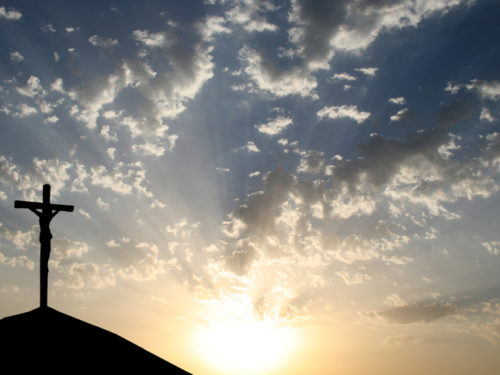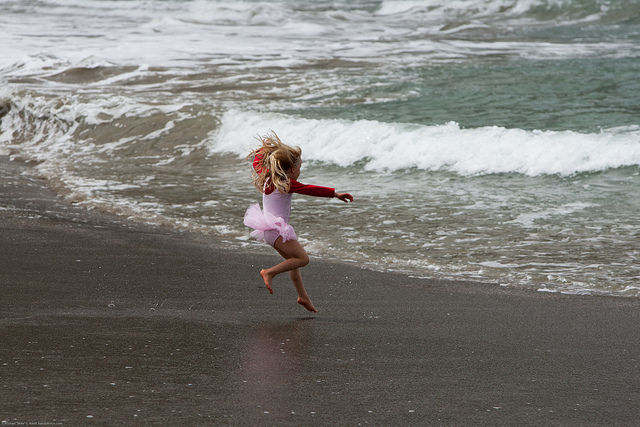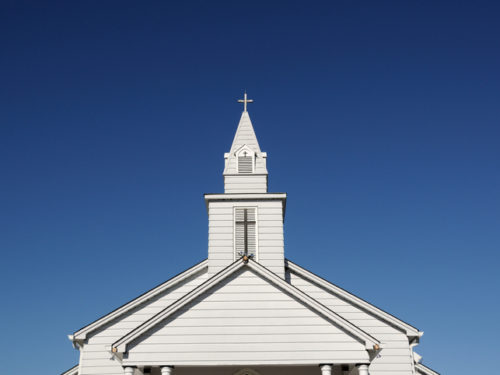 Uncategorized
Uncategorized
In light of the multiple thousands of denominations existing over and against Je...
 Uncategorized
Uncategorized
By: ECO Team
Advent is the season in which we celebrate the reality that God made himself vulnerable, that He put Himself at risk by becoming a newborn in Bethlehem. Recently, I read an article by Mark Labberton that helped me recognize that risk-taking is part and parcel of God’s nature. Through creating autonomous human beings as well as through the incarnation, God took incredible risks to open up the possibility of relationship. And so we mimic God as well as trust in God by taking risks for His sake.
John Wimber once said that faith is spelled R-I-S-K. All throughout the biblical narrative we see women and men trusting God by leaving their comfort zones and accepting God’s risky call. Abraham left his family and country to follow God’s call. Peter had to get out of the boat to walk on water. Mary left the hope of a normal family life by bearing the Lord Jesus. There’s a good chance that the times of greatest spiritual growth in your life also came when you took a risk.
One of the reasons short-term mission trips are such effective catalysts for discipleship is because they force us out of our places of competence and therefore we must lean on God in new ways. When we’re meeting people different than ourselves, when we’re in a strange place or can’t speak the language, when we’re needy enough to pray for daily bread, these things propel us to look upwards rather than inwards. And so our faith grows in proportion to these risks.
Conversely, the avoidance of taking risks, the straightjacket of always doing things as we’ve done them before, is the surest sign that faith has begun to calcify. Labberton writes,
“…often the Church can be one of the least risk-taking communities. We cultivate a subculture that is often about avoiding risk…with the justification that Jesus has taken the risk [and] spared us the danger.”
For instance, we often seek and pray for protection from hardship, safe travels, and quick healing from injuries. And yet we don’t see Jesus, Peter and Paul living a bubble-wrapped existence.
But on the positive side, through risk-taking God invites us into the adventure of faith. I hope that stepping into ECO, while risky on one level, is something that God is using to enlarge and deepen your faith journey.
Labberton writes,
“We will discover things about God and ourselves and our world that we will not know if we decide to live for the sake of safety.”
Earlier this week, I visited Pete Santucci, who is planting a new ECO church in Bend, Oregon, called Crux. Pete and I stopped by the local high school where his son attends. As a small relational challenge, on the spot I encouraged Pete to set up a meeting with the principal to learn about the needs of the community. He did so and was energized by that step.
Some questions to consider are:
I also recently took a relational risk with a family member by sharing how some of his theological views directly impact our relationship. While the outcome was mixed, the exhilarating aspect was engaging in authentic relationship in which I cannot control the outcome but must leave it in God’s hands. I am confident that the gospel grants us such a secure relationship with Jesus Christ that we are empowered to venture into places of insecurity – either within ourselves or into our world.
 Uncategorized
Uncategorized
In light of the multiple thousands of denominations existing over and against Je...
 Uncategorized
Uncategorized
My first pastoral call was to the First Presbyterian Church of Winnfield, a litt...
 Uncategorized
Uncategorized
This semester, I’m teaching “The Holy Spirit and the Church.” Our primary textbo...